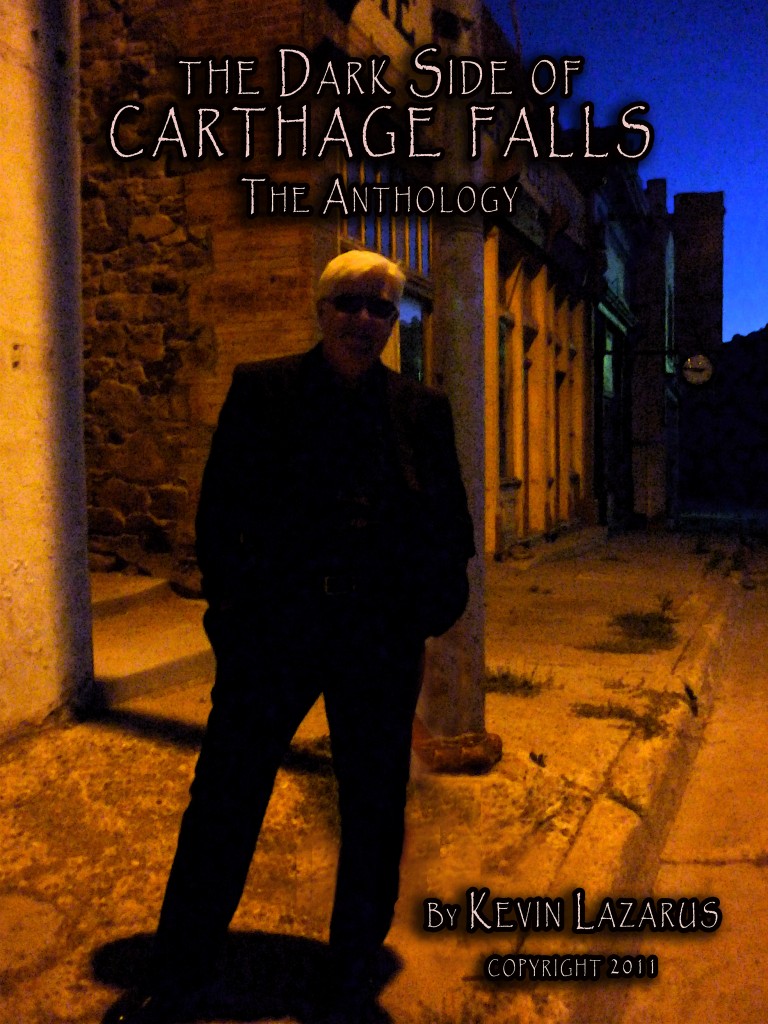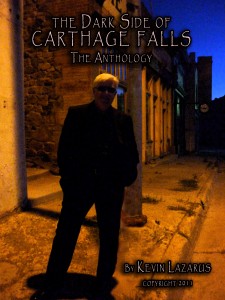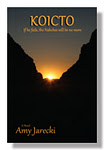Evaluating the Value of Your Movie Option, by David Farland
(From David Farland’s Daily Kick in the Pants—Making the Runelords Movie)
So let’s say that you’ve written a short story or a novel, and a producer comes along and wants to buy your movie option. How much is it worth?
That’s a good question. Right now I’m negotiating a large contract. When I first spoke to one producer, he was surprised that I’d ask for so much for the movie rights to a book (we’re into seven figures). But when I explained the reasoning behind the valuation method, he said, “You’re absolutely right. This property is worth millions—probably more than you’re asking for—, and I’m happy to sign.”
So you, as an author you want as much as you can reasonably get. The producer will of course will want to negotiate as good a deal as he can get. There will almost always be some dickering.
There are a lot of complexities to this, but here are some thoughts. Please note that these method of evaluation a price aren’t cumulative. You choose only one method.
1) In Hollywood, an “idea” for a motion picture is worth a minimum of about $25,000. I know this because a few years ago I met a writer who went to studios and pitched one-line concepts. If the studio liked the concept, “A story about a homeless man who lives under the Statue of Liberty,” they’d pay him $25,000. Now, this was eight years ago when I met the pitch artist, so if you adjust for inflation, you might be able to get that raised a bit.
This number gives you a minimum. If you’re a no-name author who just sold a short story, and the producer wants to base a movie on your story idea, but this is going to be a very low-budget production, then this gives you the floor amount for just about any property. more »
How Hollywood Decides to Make Your Book Into a Movie, by David Farland
(From David Farland’s Daily Kick in the Pants—Making the Runelords Movie)
When a new writer puts out a book, you’ll often hear of immediate movie interest. I had interest in NIGHTINGALE, my most recent novel, before the book was ever released, for example.
This all sounds exciting, especially to a new author. You’ve just sold your first young adult novel, a big studio decides to option it, and suddenly you’re getting paid $60,000 per year “for nothing.”
Does this mean that a movie will be made based on your book? Possibly. If your book gets optioned at that price, there’s about a 1/10 chance. So what’s the deciding factor?
Fans. It’s all about the fans.
If your newly re-leased book comes out, and the sales are strong. That’s great. But you need about three to five million fans before the studios will decide that it’s a good bet. They want to feel assured that there are real customers out there, willing to pay for the opportunity to see this film. So they buy an option, tie up the rights, and wait. Of course, they buy rights for several other books, too. That way, no matter which horse is winning the race, they can jump on it’s back. more »
Reading in the Future, Guest Blog by New York Times Best Seller, David Farland
Friends I am taking a short but necessary hiatus (all work I promise) to finish two works in progress, Bone Stalker and Celeste, Eyes of the Demon. I’m in a bit of deadline crunch and need to focus. But…The Dark Side of Carthage Falls will continue! I promise!!! The series will pick back up where we left off Jan 1st (Now I know that for some of you this is not a good day, but think about this…when you come out of that New Years Eve induced coma a fun story will be waiting for you!). This week and next, and the week of New Years Eve, I will posting guest blogs and re-posting earlier chapters of The Dark Side…for my newcomer friends. My sincerest apologies and gratitude for your friendship! MERRY CHRISTMAS and HAPPY NEW YEAR!
IN THE MEANTIME–ENJOY this excellent guest blog from my friend DAVID FARLAND. He is a man of remarkable insight, and author of most excellent fiction and fantasy. His latest work Nightingale is now available. I’m sure that many of you have read his works…so enjoy his article! Thanks David!
Reading in the Future
Imagine that you put on your “reading glasses.” The glasses are dark, fitted with lasers and high-quality stereo earbuds, so that as you put them on, your entire field of vision is captured. A laser inside the glasses flashes a novel title on the interior surface of your eye.
Of course, the book you see is my book (why not, it’s my fantasy). The letters start small, off in the distance and they quickly draw closer to you, but they don’t stop, they wash right over you and just when it seems they’re all around you, they explode in a burst of light, “Nightingale, by David Farland.” You can hardly imagine what life was like before 3D. As soon as you read the last word, a laser with a computer link that tracks your eye movement cues the background music, and images begin to flash in your eye—a holographic video-clip of the character of Bron, as an infant, being abandoned outside the door of a cheap hotel in the Utah desert. The camera pans up to the face of his mother, Sommer, bitter and broken, with tears in her eyes. We flash to the prologue, where Sommer runs through a forest at night, her breathing deep, while dogs snarl and bark as they give pursuit. Fireflies rise up around her. more »









